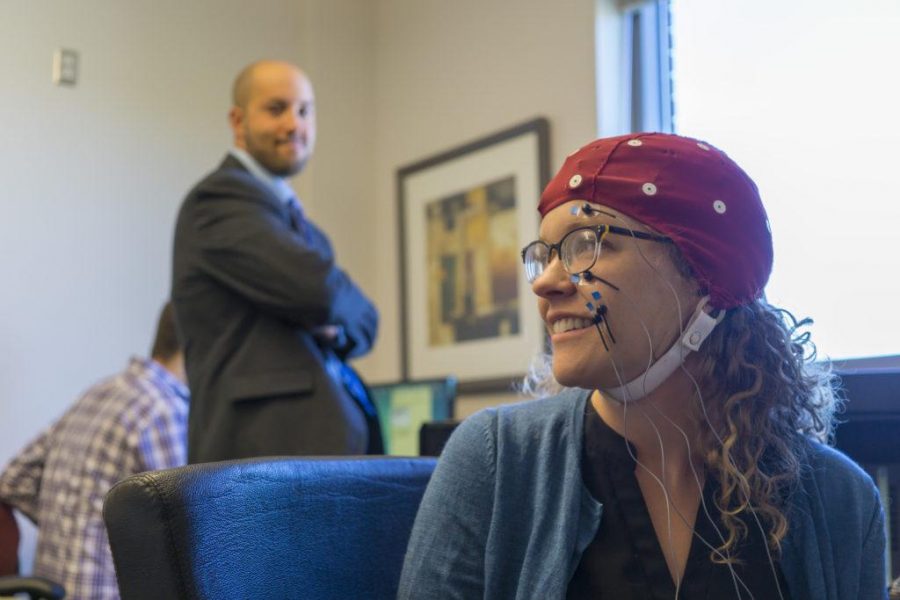Eric Garland is making new strides in medical research at the University of Utah. The associate dean for research at the college of social work and director of integrative medicine in supportive oncology at the Huntsman Cancer Institute is spearheading a new center dedicated to studying mindfulness therapy.
The Center on Mindfulness and Integrative Health Intervention Development, or C-MIIND, will bring researchers and academics from departments throughout the U — including social work, psychiatry, physical therapy, psychology and health — together to develop a new healthcare model. This new method of treatment targets the physical, psychological and social needs of patients facing any assortment of health conditions.
Garland’s research is centered around translating cognitive and social neuroscience into interventions. According to Garland, these interventions aim to “target transdiagnostic mechanisms underpinning stress-related, biobehavioral conditions such as substance abuse and dependence, chronic pain syndromes and cancer survivorship.” As he expands his research at C-MIIND, he hopes mindfulness therapy can be used to treat patients suffering from anything from chronic pain to alcoholism and addiction.
One of Garland’s main focuses is studying the relationship between mindfulness and pain management. He aims to adjust the status quo pain treatment plan, which often depends on high-risk opioids, by offering mindfulness therapy as an alternative pain combatant. With roots stemming from Buddhism, mindfulness therapy requires the patient to look both inward and outward. Garland believes this kind of treatment can strengthen cognizance, and it can help to fight or control various health conditions.
“This new center enables focused collaboration across health and behavioral health disciplines,” said Hank Liese, dean of the college of social work. “With the nation’s growing opioid crisis, the center’s research is especially timely and relevant as its experts focus on an intervention developed by Dr. Garland that is proving to be an effective way to address pain.”
C-MIIND has garnered massive amounts of support. The center has received federal grants totaling over $17 million from entities like the United States Department of Defense and National Institutes of Health. C-MIIND is looking to become the preeminent center of mindfulness research in the region. The center plans to offer research opportunities to undergraduates, graduates and postdoctoral fellows, and it also plans to provide training for postgraduates and health care providers in mindfulness therapy. Garland aims to expand mindfulness therapy to mental health centers, primary care clinics, hospitals and addiction treatment facilities.
The center will open this summer in the college of social work.



